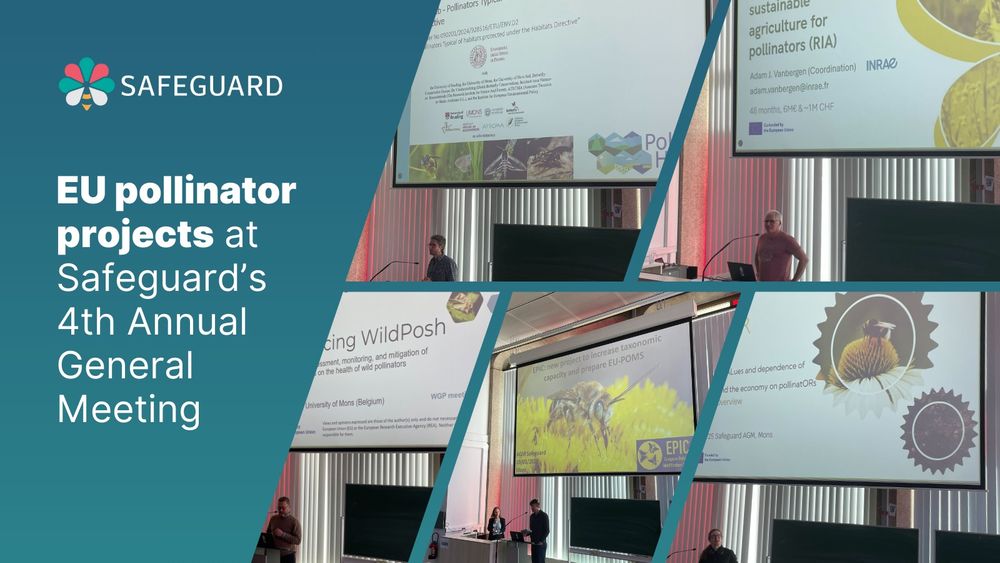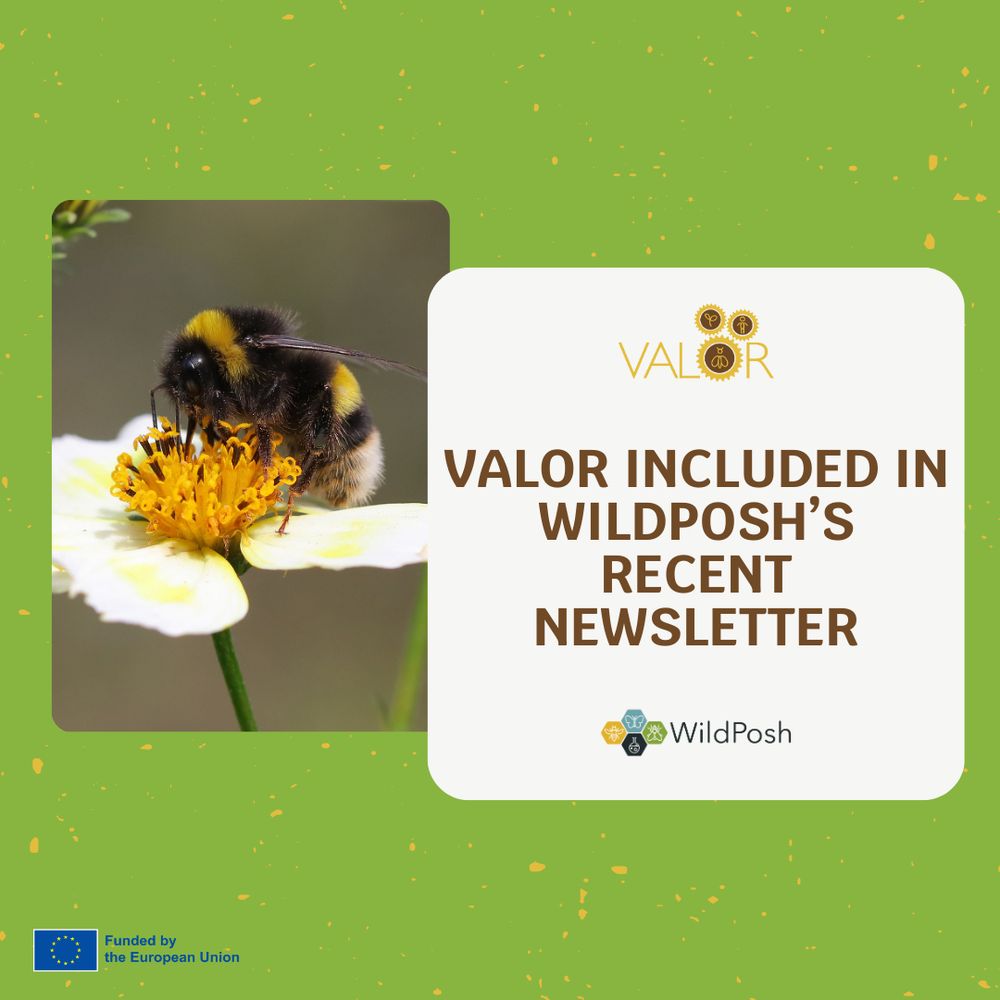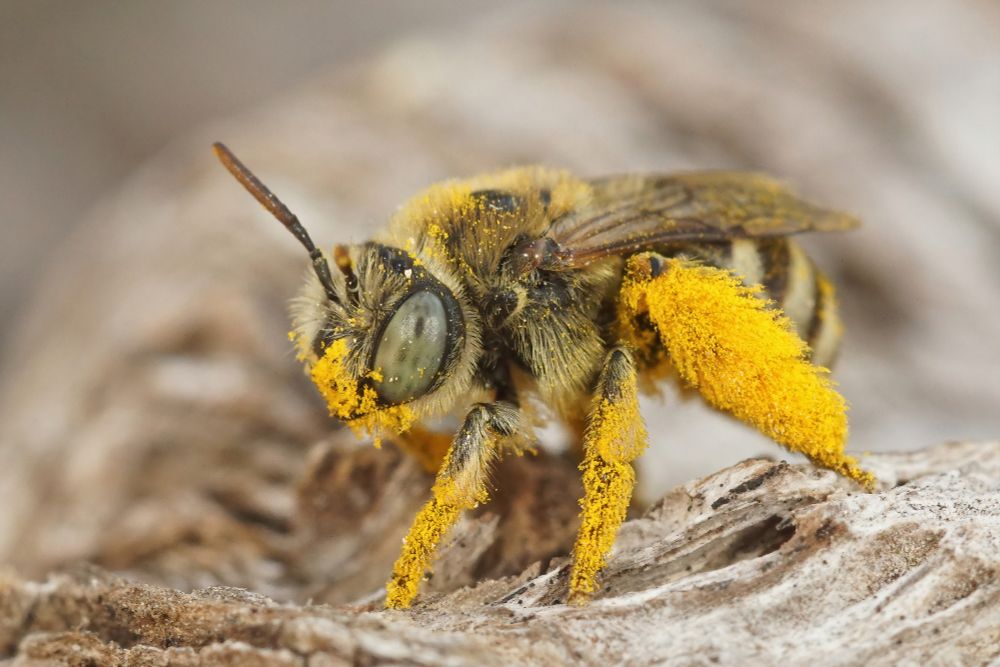WildPosh Project
@wildposh.eu
100 followers
31 following
30 posts
Pan-European assessment, monitoring, and mitigation of chemical stressors on the health of wild pollinators
Posts
Media
Videos
Starter Packs
Reposted by WildPosh Project
Reposted by WildPosh Project
Reposted by WildPosh Project
Reposted by WildPosh Project
Reposted by WildPosh Project

























